10+ brands thriving with Gen Z: what they're doing right
Discover how 10+ brands are captivating Gen Z with fresh approaches, social responsibility, and authentic engagement.
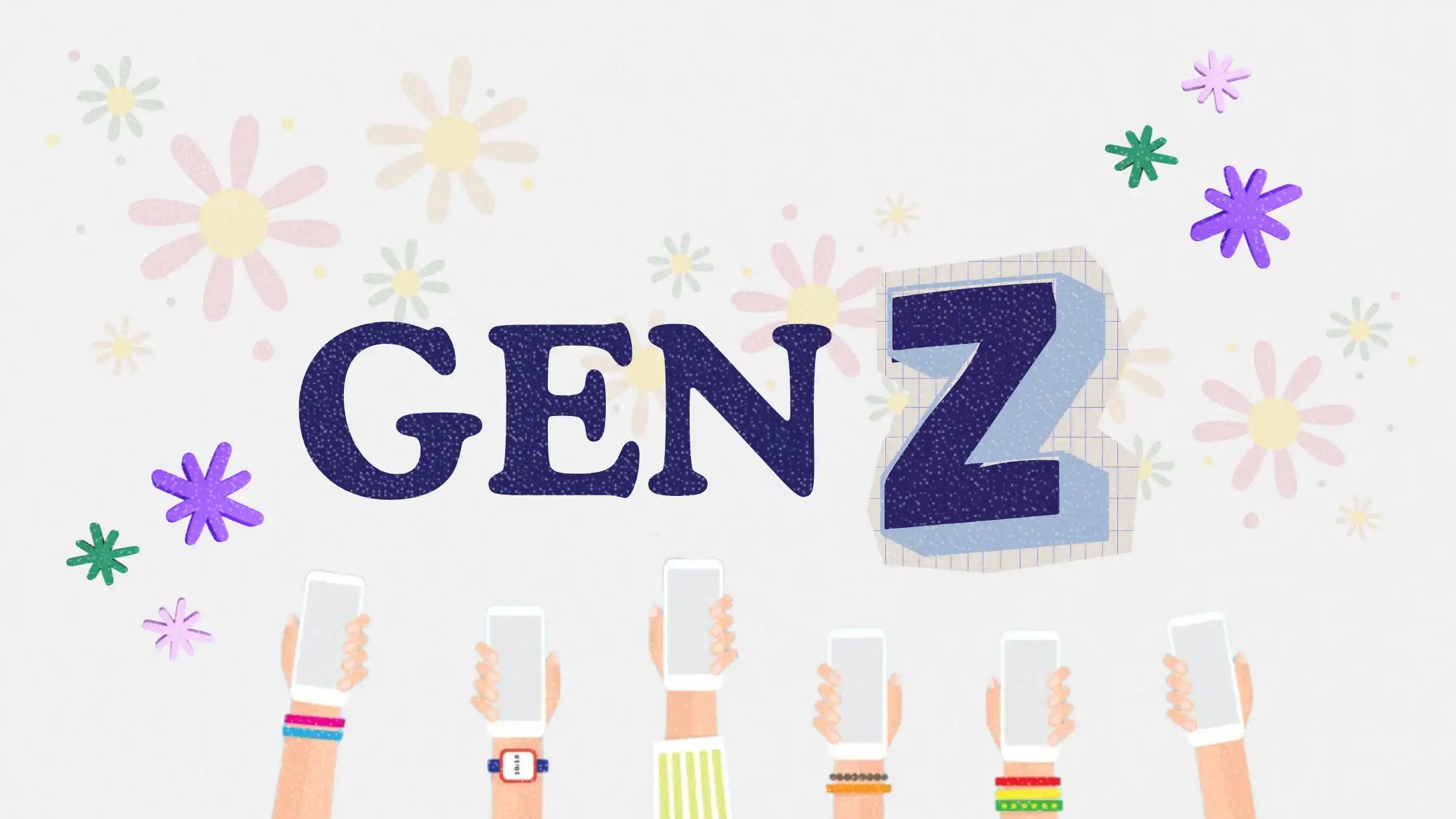
Gen Z doesn’t just buy products. They buy into brands that reflect their values, voice, and community. That’s why Gen Z branding goes beyond clever campaigns—it’s about showing up with purpose, ethics, and real talk.
In 2026, Gen Z makes up nearly 25% of the world’s population. According to WGSN, they are confident, digitally fluent, and increasingly intentional with how and where they spend. For brands, winning Gen Z is no longer about chasing virality. It’s about earning trust, relevance, and long-term loyalty.
This generational snapshot reveals the key forces shaping Gen Z priorities and consumer behavior today and highlights 10+ brands that are getting it right, with practical takeaways marketers can apply.
Short on time?
Here is a table of content for quick access to what you need:
- Key events that shape Gen Z’s worldview according to Canvas8’s report
- What Gen Z expects from brands
- Gen Z preferences in 2026
- Asia’s new mainstream and slow luxury
- 15 brands successfully resonating with Gen Z
- Looking for more insights on Gen Z?
- FAQs
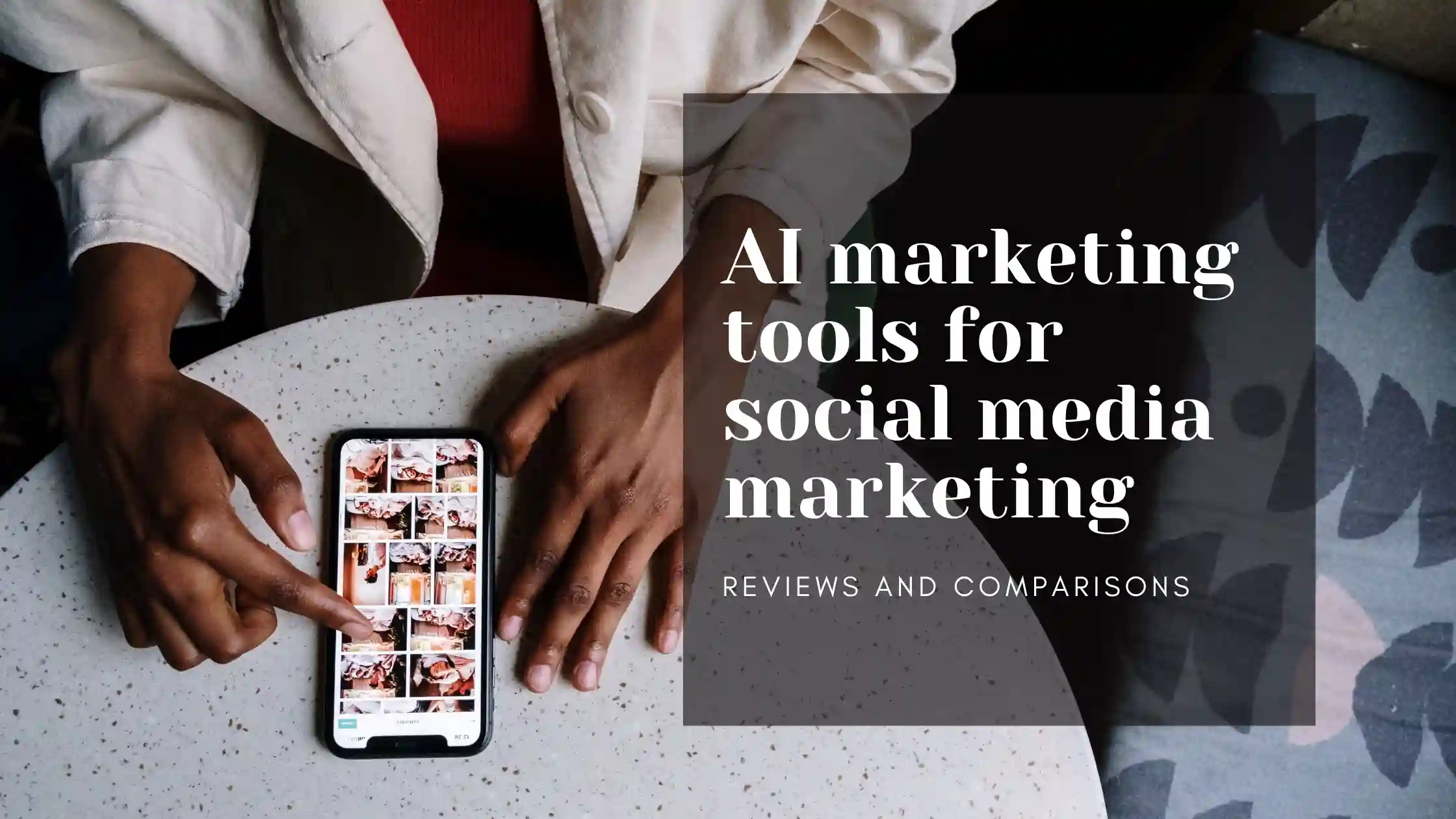
Key events that shape Gen Z's worldview according to Canvas8's report
According to Canvas8’s report, five major events have played a pivotal role in shaping Gen Z:
- The Great Recession (2008)
- Donald Trump’s presidency (2016)
- The COVID-19 pandemic (2020)
- Persistent inflation (2022–2023)
- Charli XCX’s Brat album release (2024)
Growing up during financial instability made Gen Z value security and purpose. The pandemic disrupted traditional education and career paths, pushing many to rethink success on their own terms. Inflation further reinforced intentional spending habits and financial literacy.
Culture also plays a defining role. The success of Brat reflected Gen Z’s embrace of imperfection, chaos, and self-expression, influencing how they view authenticity, creativity, and even politics.
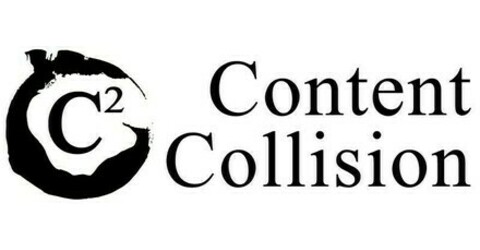
What Gen Z expects from brands
Gen Z’s distrust of traditional institutions creates an opportunity for brands to build genuine trust, but only if they communicate clearly and authentically.
Their expectations go deeper than marketing:
- Authenticity and transparency over hype
- Mental wellbeing instead of hustle culture
- Nostalgic offline experiences as a form of luxury
- Community-first thinking and belonging
- Wellness as a lifestyle, not a trend
- Values over virality for long-term trust
For Gen Z, branding is not just messaging. It’s behavior.
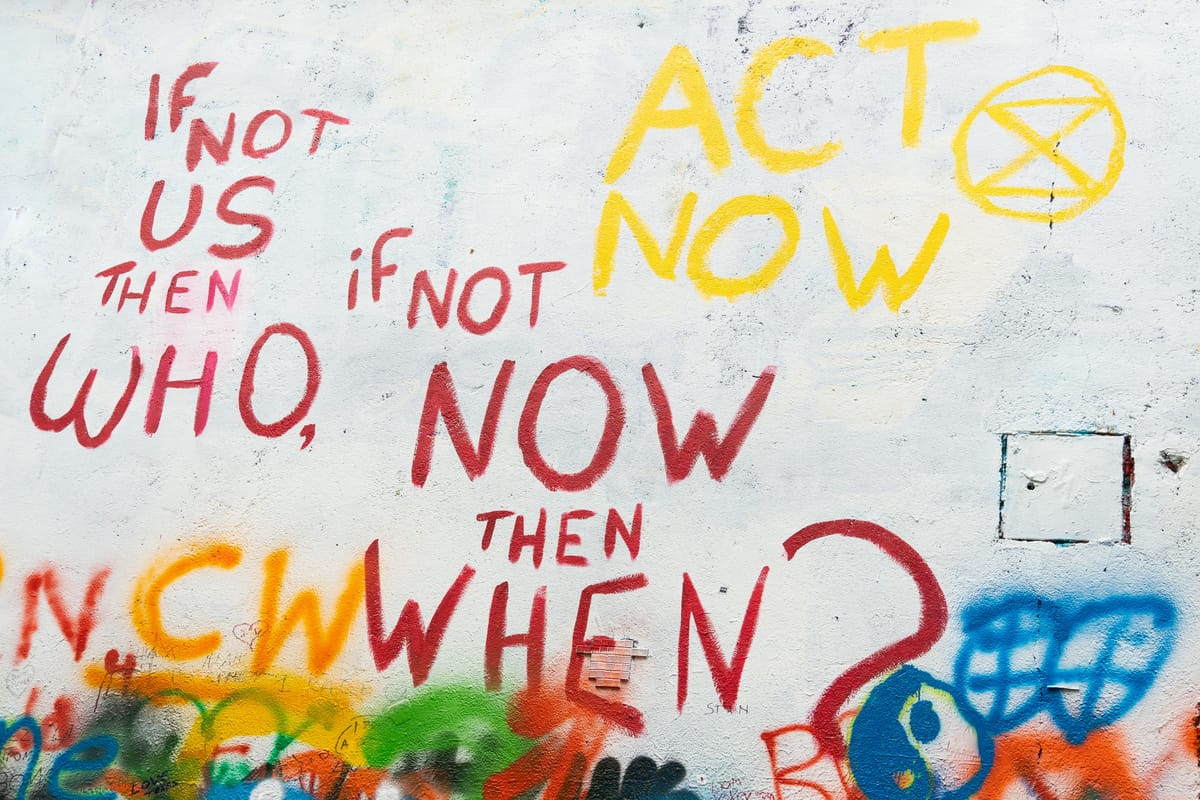
Gen Z preferences in 2026
In 2026, Gen Z continues redefining digital culture while seeking balance between authenticity and aspiration.
Social media preferences
TikTok continues to dominate Gen Z’s attention, but YouTube is regaining relevance, especially for longer-form content and in-depth product research. According to Pew Research, 67% of teens (which includes younger Gen Z) use TikTok, and 93% use YouTube regularly.
Instagram is still relevant for aesthetic discovery and influencer shopping, but BeReal and Snapchat remain important for more personal, friend-based interactions
Key platforms for Gen Z in 2026:
- TikTok – entertainment, trends, and product discovery.
- YouTube – product reviews, tutorials, and long-form content.
- Instagram – influencer content and product discovery.
- Snapchat – casual communication with friends.
- BeReal – authentic, unfiltered updates.
Content preferences
Gen Z wants participation, not perfection. They favor unfiltered product reviews, “day in the life” creator content, and behind-the-scenes storytelling. A 2024 report from HubSpot found that 61% of Gen Z prefers brands that collaborate with relatable creators over celebrities.
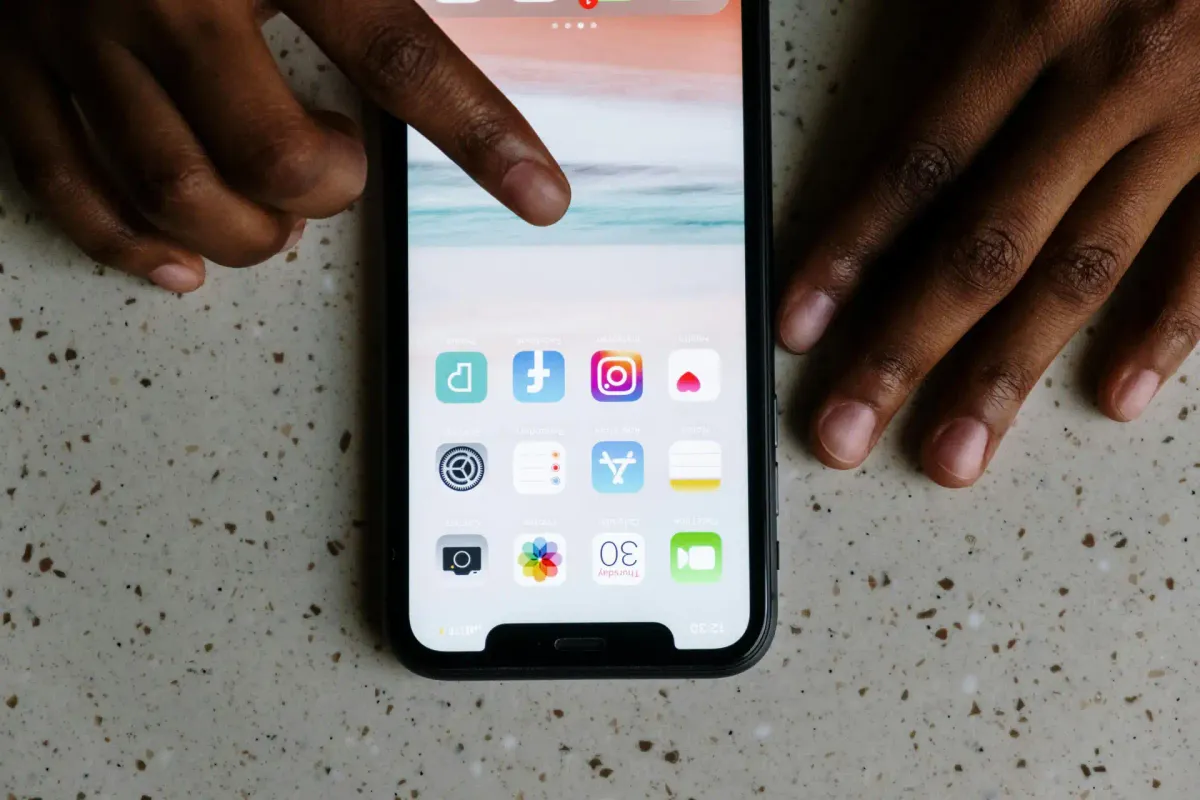
Gen Z is moving from digital curiosity to digital discernment. In 2026, they value:
- Authenticity over polish
- AI with transparency – 9 in 10 of them use AI tools at least once a week but expect brands to show how automation shapes products and content.
- Local pride with global taste – Asian Gen Zers mix cultural roots with global aesthetics, fueling the slow-luxury wave.
- Community-driven influence over celebrity
- Purpose shown through action
Popular content formats in 2026:
- Short-form video (TikTok, Instagram Reels).
- Unfiltered product reviews & creator collabs.
- Behind-the-scenes content showing how products are made.
- Interactive posts like polls and ‘this or that’ stories.

@reaganbaylee barbie movie honest review!! 👀 #barbie #barbiemovie #barbiethemovie
♬ original sound - Reagan Baylee
Brand values and ethical expectations
A longstanding McKinsey study highlighted that Gen Z consumers increasingly consider sustainability, ethical sourcing, and brand values when making purchase decisions. While newer data is limited, the trend holds steady, with brands who actively engage in social issues and demonstrate ethical business practices retaining more Gen Z loyalty.
Asia's new mainstream and slow luxury
In WGSN’s 2025 Generational Forecast, two key forces define Asia’s Gen Z consumer mindset: Asia’s New Mainstream and Slow Luxury.
1. Asia’s New Mainstream
Gen Z across APAC is shifting from self-definition to self-celebration—proud of local culture and ready to spend on it. From the Niche Sports Boom and Cult of Cute to gaming and music fandoms, Asia’s youth are building lifestyles around regional passions rather than Western imports.
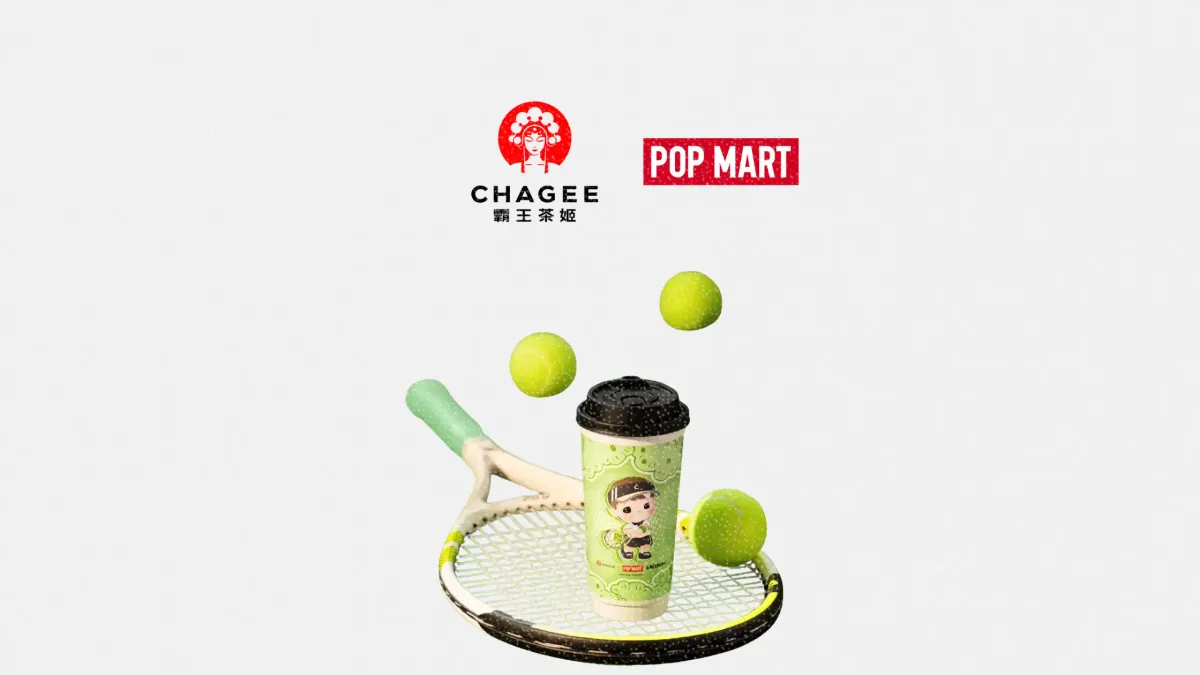
What it means for brands:
- Local storytelling and regionally rooted campaigns will outperform generic global narratives.
- Expect intra-Asia pop culture flows, from Thai pop to C-pop and Bollywood, to gain mainstream traction.
- K-wave (Hallyu) will stay powerful, but new fandoms will diversify.
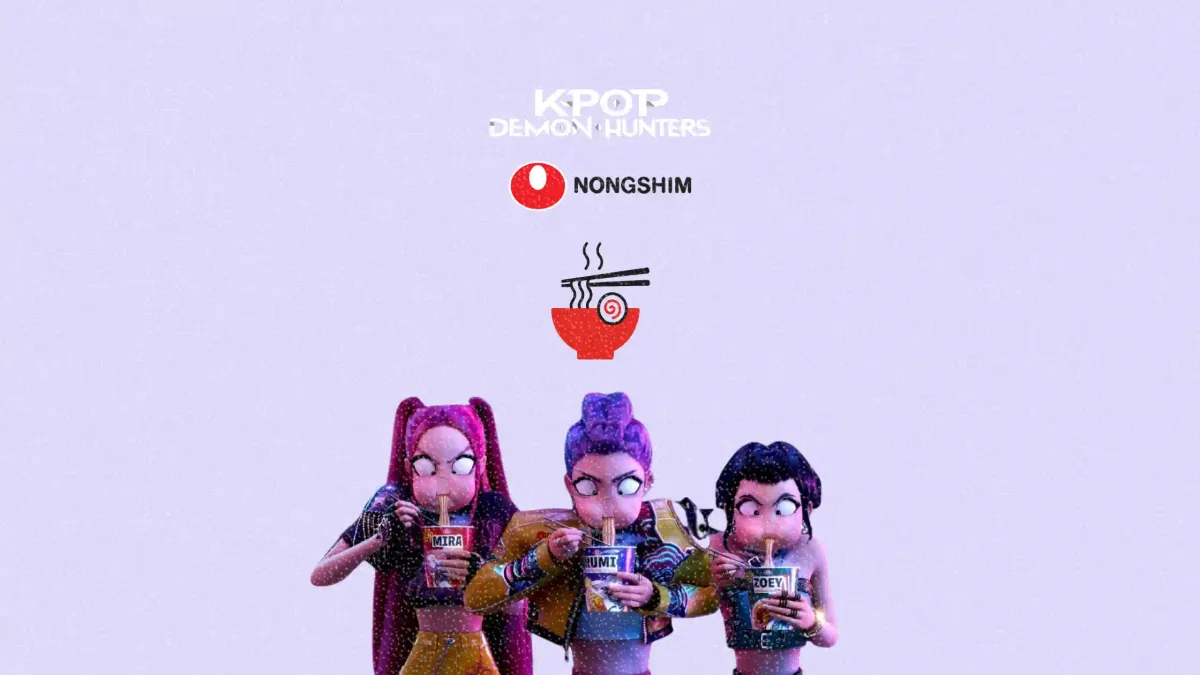
💡 Marketer insight: Gen Z’s definition of “cool” in Asia now includes homegrown influencers, local music, and culturally fluent branding—not Western imitation.
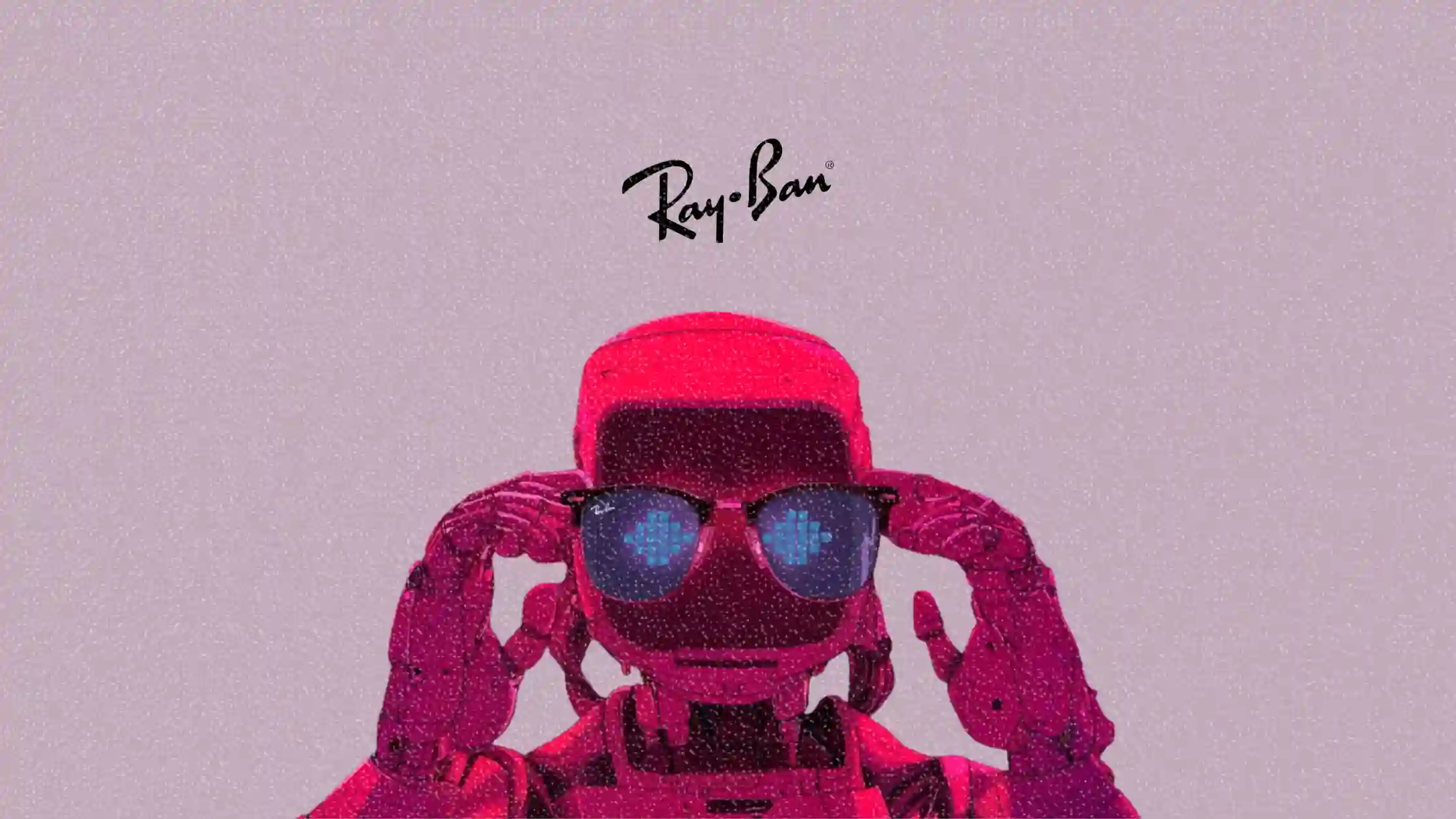
2. Slow Luxury
Luxury, for Gen Z, is now about experience and cultural fluency, not just ownership. WGSN notes a democratization of luxury across APAC—where a Chanel bag no longer guarantees status. True luxury now lies in “hard-to-fake cultural capital,” such as niche wellness habits, exclusive experiences, and community access.
For example, 71% of affluent Chinese female travelers prefer investing in experiences over goods. The “it” factor is now being first—staying at new hotels, dining at undiscovered spots, and curating moments that feel personal.
💡 Marketer insight: Experiences that signal taste, not wealth, will drive loyalty among affluent Gen Z.

15 brands successfully resonating with Gen Z
1. Nike
Nike connects with Gen Z through empowerment, identity, and activism. Campaigns like “Dream Crazy” and “Dream Crazier” resonated by spotlighting real stories and social issues.
Why it works: clear values, consistent action, cultural relevance.
2. Glossier
Glossier built a community-driven brand centered on transparency and simplicity. Its user-generated content, campaigns like “You Look Good” and minimalist products align with Gen Z’s no-fuss wellness mindset.
Why it works: relatability over aspiration.
3. Patagonia
Patagonia’s long-term commitment to environmental activism resonates deeply with Gen Z’s sustainability focus. Its “Gen-Z for Civic Engagement,” encourages real civic engagement.
Why it works: values embedded into the business, not just campaigns.
4. Fenty Beauty
Fenty redefined beauty standards with inclusive shade ranges and representation. Fenty’s launch campaign featuring 40+ foundation shades redefined beauty standards.
Why it works: inclusivity as a foundation, not a feature.
5. Depop
Depop blends social shopping with sustainability, allowing Gen Z to buy and sell pre-loved items in a community-driven environment. They create campaigns like “Depop This Look” in LA and a student ambassador program to promote community and conscious consumption.
Why it works: commerce with conscience.
6. Oddli
Oddli is a sustainable fashion brand that uses deadstock materials and ethical production, paired with exclusive community drops. Its “Oddli Club” campaign, launched through Instagram’s “Close Friends,” offered behind‑the‑scenes previews, early access drops (like custom name tees), and even real‑world meetups.
Why it works: sustainability plus belonging.
7. COS
COS appeals to Gen Z’s preference for quiet luxury through quality, minimalist design, and sustainable materials. COS gained traction with Gen Z through its “Clean Cut Tee” campaign, which used creator collabs to spotlight minimalist style and sustainable quality.
Why it works: understated design with substance.
8. Owala
Owala’s customizable bottles gained traction through TikTok, blending aesthetics, personalization, and everyday wellness. Owala’s colorful, mix-and-match FreeSip bottles exploded in popularity thanks to TikTok virality, boosted by campaigns around hydration and civic action.
Why it works: functional products made expressive.
9. Starface
Starface turned skincare into self-expression by embracing imperfection and body positivity. Its bold, unfiltered aesthetic stands out in campaigns with #starface on TikTok and Instagram, and its inclusive campaigns spotlight diverse skin tones and acne experiences.
Why it works: honesty beats perfection.
10. Cider
Cider’s data-driven model delivers fast fashion Gen Z wants, with accessible pricing and trend fluency. Its consistent engagement on TikTok via TikTok with #shopcider has made it a go-to for Gen Z’s trendsetters looking for affordable, expressive fashion.
Why it works: speed, relevance, and engagement.
11. Gentle Monster
South Korea’s Gentle Monster turned eyewear into art by embodying the “slow luxury” Gen Z craves—creative, cultural, and hard to fake. The brand’s fame exploded after Jennie (BLACKPINK) collaborations like Jentle Home and Jentle Salon, which went viral across TikTok and sold out instantly.
Why it works: local culture shaping global luxury.
12. Crocs
Once mocked, Crocs is now a Gen Z favorite for its comfort, irony, and self-expression. Collaborations with Bad Bunny, Salehe Bembury, and Hello Kitty turned its clogs into customizable icons. With Jibbitz charms and “ugly-cute” TikTok trends, Crocs shows that authenticity and fun win Gen Z loyalty.
Why it works: confidence in being unconventional.
@hellokitty Obsessed with the new supercute #HelloKitty @Crocs platform clog 🎀 #crocs
♬ Me obsessed with you - not.jayswift
13. POP MART
POP MART has mastered Gen Z’s love for collectibles, storytelling, and emotional ownership. Known for its blind box figurines, Labubu and original IP characters like Molly and Dimoo, the brand turns consumption into a ritual rather than a transaction.
For Gen Z in Asia, POP MART sits at the intersection of fandom, art, and identity. Collecting becomes a form of self-expression, while limited drops and character lore create a sense of belonging and cultural capital.
Why it works: POP MART understands that Gen Z values meaning over utility.
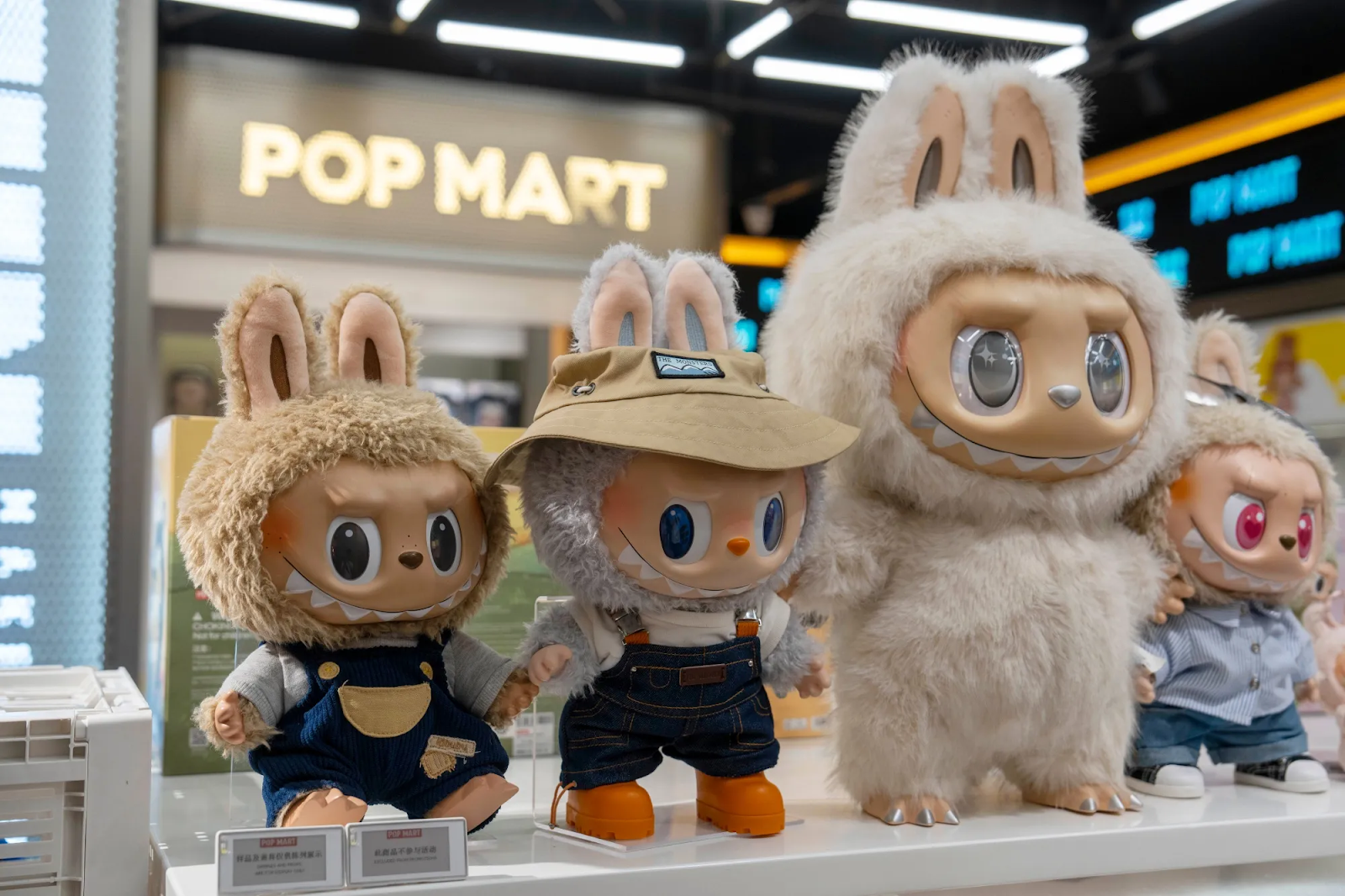
14. Rare Beauty
From inclusive product design to open conversations about self-worth and mental health, Rare Beauty aligns closely with Gen Z’s emotional expectations of brands. Rather than relying on heavy influencer marketing, Rare Beauty prioritizes relatability and community. Its Rare Impact Fund and transparent communication around mental health initiatives reinforce trust among Gen Z audiences who are skeptical of performative activism.
Why it works: Rare Beauty shows that purpose-led branding only resonates when it is embedded into the business, not layered on top of campaigns.
15. Duolingo
Duolingo has become one of the most Gen Z-native brands on the internet by behaving like a creator rather than a corporation. Its irreverent tone, self-aware humor, and platform-native content—especially on TikTok—have turned the brand into a cultural character.
Instead of chasing polished campaigns, Duolingo leans into absurdity, trends, and audience participation. This approach mirrors how Gen Z communicates online and signals that the brand understands internet culture from the inside.
Why it works: Duolingo doesn’t market to Gen Z. It participates with them.

Looking for more insights on Gen Z?
Explore these articles on ContentGrip for deeper analysis on how Gen Z interacts with brands, content, and platforms:
- Gen Z and social media: what brands must know now
- How to keep Gen Z coming back to your brand
- How to market content to Gen Z in 2025
- Sustainability is not the only expectation Gen Z has for brands, here’s what matters
- Gen Z and e-commerce in Southeast Asia: a deep dive into shopping behaviors
- Gen Z: obsessed with brand authenticity and activism
- Gen Z and Millennials outspending baby boomers, trust social media more
- Brands Gen Zs love and hate in 2022
- Targeting Gen Zs? Forget mainstream: it's all about subcultures now
Staying ahead of Gen Z’s fast-changing preferences is critical for brands looking to maintain relevance — these resources will help you adapt your strategies.
Frequently asked questions (FAQs)
- What defines a Gen Z brand?
A Gen Z brand is one that aligns with the generation’s values—transparency, diversity, mental wellness, and social responsibility. It also communicates through channels and formats Gen Z prefers, like TikTok and authentic creator partnerships.
- Why does Gen Z care about branding so much?
For Gen Z, branding is identity. The products they buy and the companies they support are extensions of their personal values and cultural affiliations.
This post is created by ContentGrow, providing scalable and tailored content creation services for B2B brands and publishers worldwide. Book a discovery call to learn more.









